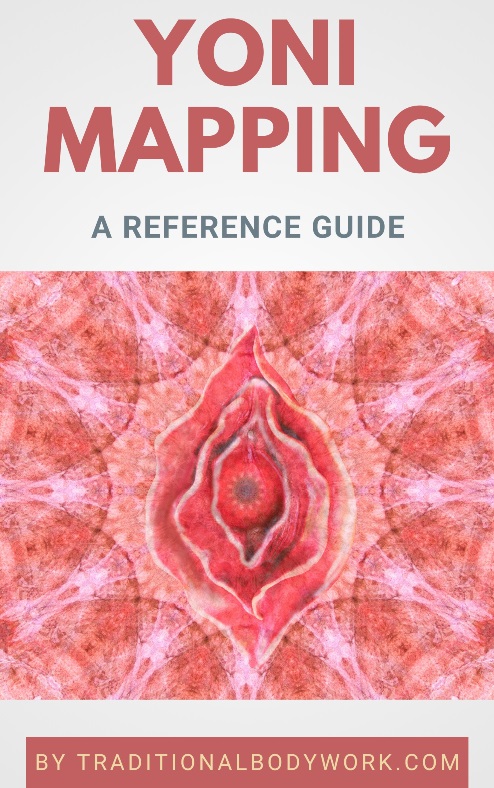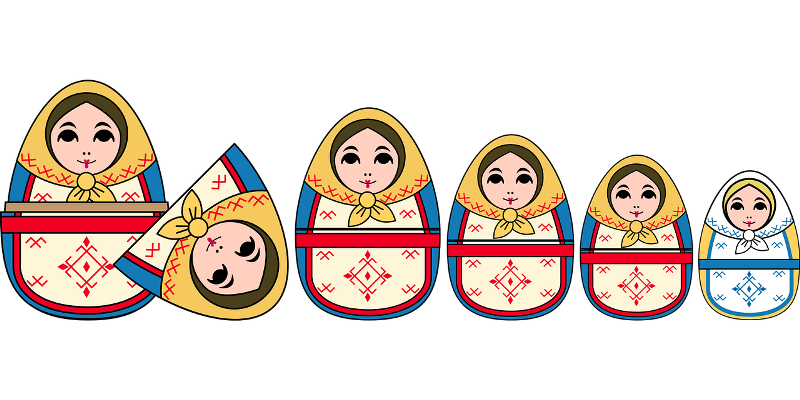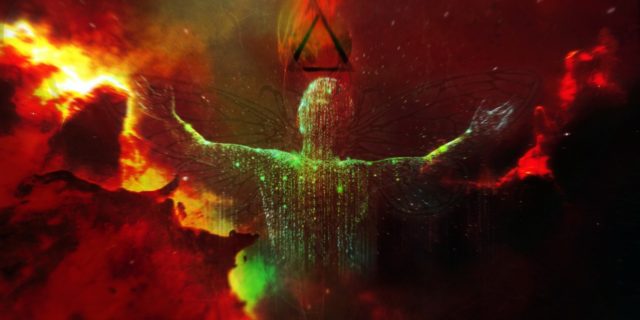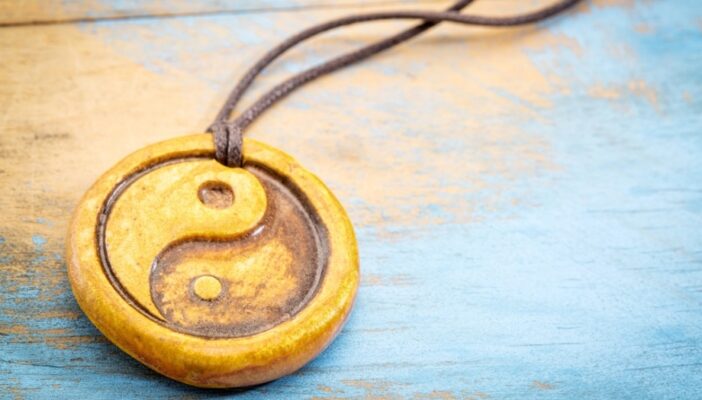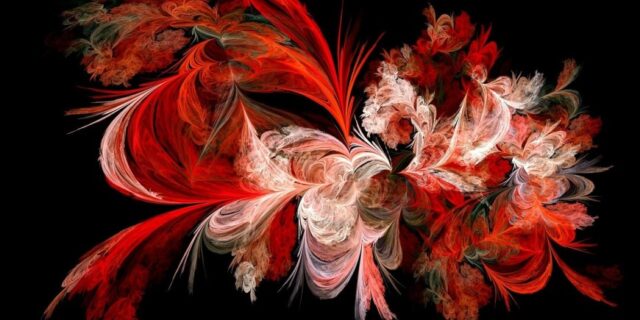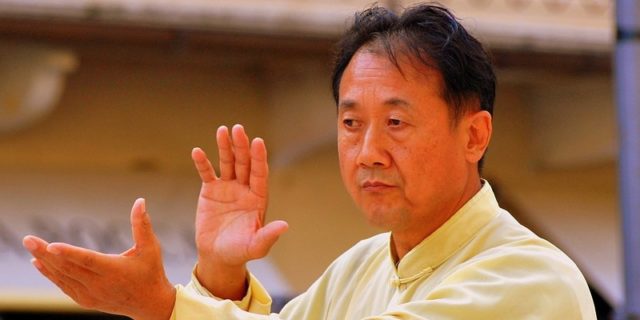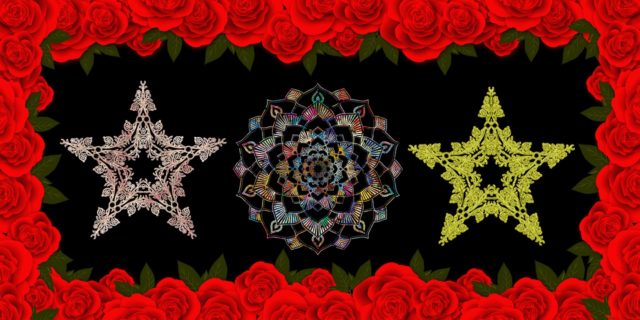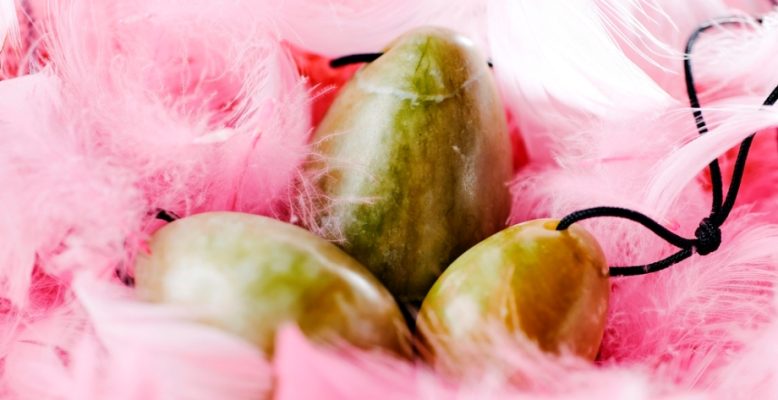
The Vaginal Egg (or Love Egg), usually called either Yoni Egg or Jade Egg, is an interesting exercise and sexual healing practice that blends two distinct concepts and philosophies: Tantra and Taoism. In fact, the use of the two contrasting names for the Vaginal Egg already point to the different types of focus that is given to the practice.
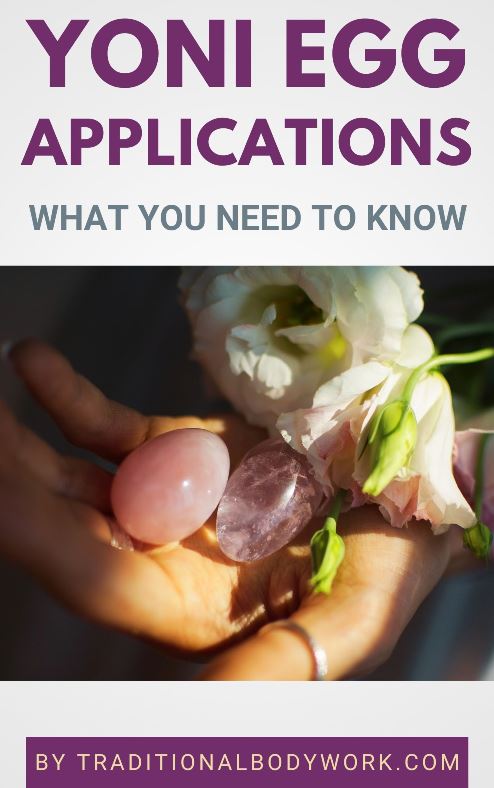
The word Yoni is a Indian Sanskrit word for source, origin, nest, place of birth, the womb, vagina, creator, fertility, among many other synonyms. It refers to the Divine female principle, a concept of key importance in Indian Shaktism and Shaivism, as well as in Kaula and other Tantra lineages. Nevertheless, Yoni Egg practices have their root in the so-called Neo-Tantra Movement.
The designation Jade — as used in Jade Egg — refers to the material a Vaginal Egg is made of, being Jade (a combination of certain minerals), either Nephrite Jade or Jadeite Jade. The Jade gemstone always had a special place in Chinese and Taoist culture. Jade was seen as very special, and widely used to create utilitarian, ceremonial, and decorative objects, but it was also thought to have a broad range of healing and protective properties.
Although Tantra (India) and Taoism (China) are two different spiritual traditions, they have many things in common, which explains why both the names Yoni Egg and Jade Egg are used to point to the Vaginal Egg. Both Taoism and Tantra consider sexual energy a sacred expression of Vital Life Force (Qi or Prana), and both practices use and aim at transforming Jing Chi Sexual Energy (Taoism) or Shakti Kundalini Energy (Tantra) into higher forms of energy and manifestations in order to increase vitality, pleasure and bliss, to promote spiritual uplifting, and to better health and longevity.

Another similarity between the Tantric and Taoist philosophy and lifestyle is that they both go against inflexible sexual and social values — in past eras and even today — embracing all aspects of human life, not only that what is thought to be morally or ethically correct, but also focusing on integrating the so-called “red and dark sides” of our beings.
Tantra and Taoism don’t rebel just to rebel. They rebel because they believe that no aspect of our being should be neglected; it’s thought that neglect or suppression will only lead to frustrated and imbalanced people with all negative consequences of that. By contrast, when consciously embracing all our feelings and expressions, and working with them in positive, transformative ways, we can become “whole,” be “whole” and “holy” in the right sense of the word.

